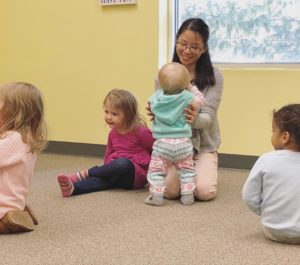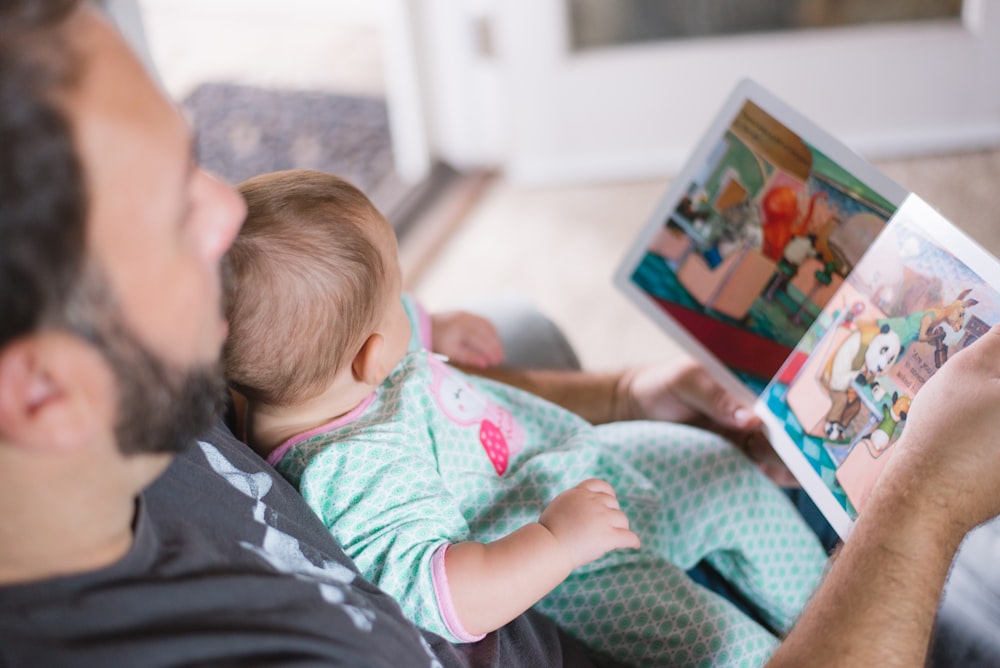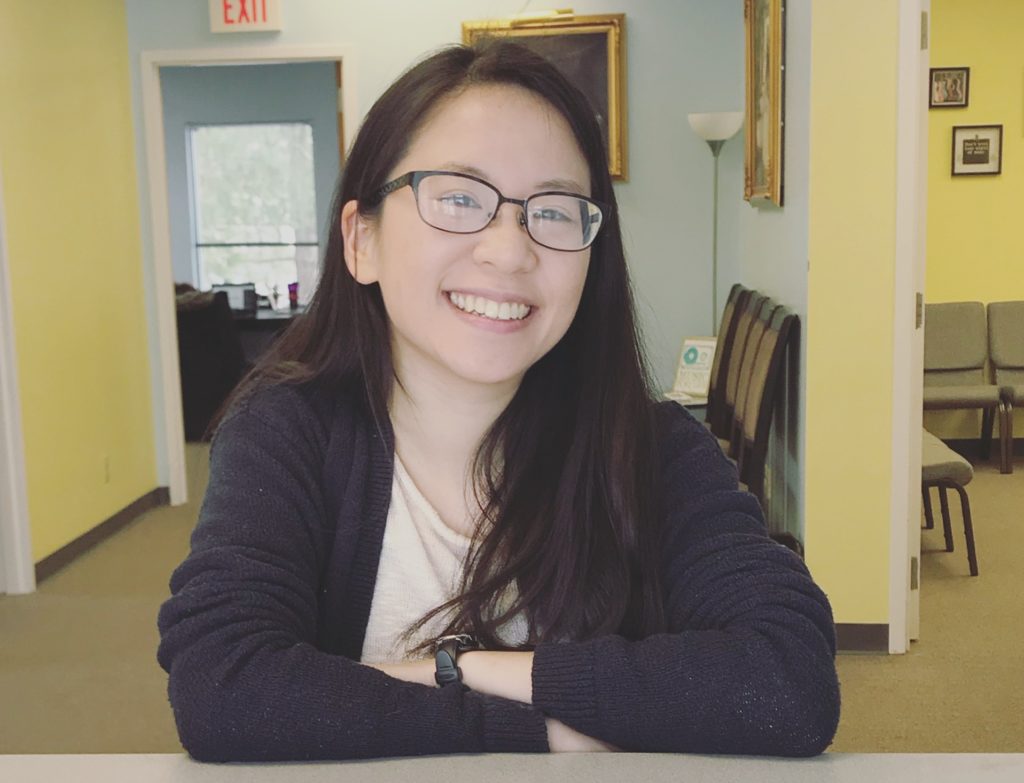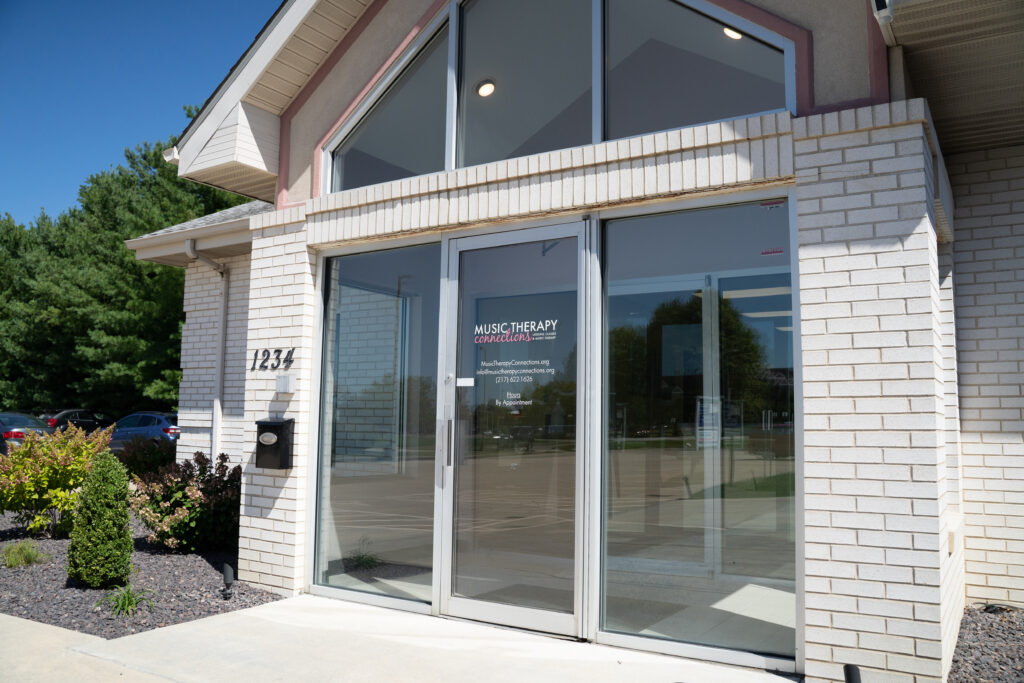by Laura Tam | Feb 28, 2018 | Reflections

This past Saturday, I passed the board certification exam for music therapists — the final step in becoming a board certified music therapist. Looking back, it has been quite a journey with many bumps and road blocks along the way.
Nevertheless, I am so thankful to share this journey with you! In fact, I had never even heard about music therapy until I was preparing to apply for college, and even then, I dismissed it as something that was too eccentric. So, what changed and how did I end up where I am today?
In this blog post, I want to share some moments in my life that have caused me to do much soul-searching and the people in my life who have supported me every step of the way.
Part I. Life as an Illini
I began my college experience as a french horn performance major at the University of Illinois at Urbana-Champaign. I did not have a lot of prior performance experience, but what I loved was finding a community to fine tune and develop my skills as a musician.
As time went on, however, I struggled with mastering technique and increasingly felt more trapped in a degree that felt unreachable. By the end of my sophomore year, my horn professor sensed a lot of internal conflict and had a pivotal conversation with me that not only validated the fact that it was completely okay to not pursue performance, but also opened the door for me to explore other careers that would be more meaningful to me. I was so thankful that my horn professor fully supported me, and it didn’t hurt that his wife was also a music therapist!
Part II. Switching Majors and Finding a Direction to Follow
After that conversation with my horn professor, I felt like I had been given a second chance to pursue a field in music that gave me joy and meaning. After doing some research, I found music therapy to be this unique field where performance was not the main goal, but rather, the goal was to help other people!
That spring break of my sophomore year, I told my parents that I wanted to change my major and pursue music therapy. It was hard telling them, but I knew it was the right thing for me. They fully supported me granted I find out more about what a career in music therapy looked like. Thus began my dream of becoming a music therapist.
I started googling music therapy and contacting local music therapists to ask them all the questions I had: What classes should I take to prepare for a music therapy degree? Should I transfer to another school or stay and finish my undergraduate degree? What does a typical music therapist do every day?
One of the best conversations that I had was with none other than Rachel Rambach, who took the time to Skype with me, answer my questions, and share her own experiences, which happened to be quite similar to mine. Who knew that Rachel would not only help solidify my desire to pursue music therapy, but also become my very first employer as a music therapist five years down the line?
Part III. Pressing on Towards the Goal
While I knew music therapy was what I wanted to do, it was important to me to finish my music degree at the University of Illinois (I planned to apply to graduate school to earn an equivalency Master’s degree in music therapy in the future).
During this time, I immersed myself in classes focused on psychology, human development and speech and language disorders. I became a camp counselor at Bay Cliff Health Camp that provided music therapy, speech therapy, occupational therapy, and physical therapy for children with physical disabilities. I also continued to keep up with Rachel’s Listen & Learn blog and listen to her podcasts.
As I entered my graduate music therapy studies at Illinois State University and finished out my degree and internship at Helping Hand Center in Countryside, IL, I developed skills in working with various types of clients, grew in knowledge, and grew in my capacity to be teachable and give my best.
Since graduating with my Master’s in music therapy, I have had the privilege of joining Music Therapy Connections as a music therapist, alongside my mentors Rachel, Katey, and Alisabeth.

Visiting Rachel at Music Therapy Connections as a first year graduate student. It was the first time meeting her in person and observing her Listen and Learn Class
Recently I was asked to share how I feel now that I’ve passed my certification. As I reflect on the myriad ways in which important life moments, people, and my own growth have shaped my journey, I can only say that I am thankful.
This certification is a reflection of the blessings in my life thus far, but it is not in itself my greatest prize; it is only a vehicle for many amazing things to come and a means for others to be impacted meaningfully through music.
Thanks for reading! I am SO thankful, relieved, and excited for the future as I enter the workforce as Laura Tam, MM, MT-BC.
by Laura Tam | Feb 20, 2018 | Services

One of of the most frequently asked questions I receive when people ask me about music therapy is, Okay, I understand that you use music to help people, but what does that actually look like? I always reply, It depends on the specific goal(s) that I am addressing.
Goals within a music therapy context can be defined by the following:
- Goals areas are determined by determining each client’s strengths and areas of need, including: how the individual moves, communicates, interacts with others, regulates their emotions, processes information, and copes with a medical condition.
- Goals are individualized. Goals are created to address an individual’s unique sets of needs and strengths.
- Goals can be long term or short term. Examples of short term goals may include decreasing signs of distress (i.e. crying) in a premature infant, while an example of a long term goal might include increasing a client’s perceived self esteem over time.
Now that you know several components of goals, allow me to share how I might address various goals in some of the different groups that Music Therapy Connections serves:
Early Childhood
A goal area may include increasing vocal noises.
This goal is important because increasing vocalization is an important pre-language skill for very young children.
A music therapist may compose a song that encourages early childhood children to produce the “ma” sound within the song.
School-Aged Children
A goal area may include increasing the skill of following directions
This goal is important because following directions is an important skill for children to master in situations where safety directions need to be followed quickly.
A music therapist may instruct children to play instruments when they hear the word “go” and stop playing when they hear the word “stop”.
Older Adults
A goal area may include increasing social interaction.
This goal is important because it is important for older adults to maintain meaningful relationships as their social circle decreases over time.
A music therapist may sing a familiar song to the individual while instructing the older adult’s caregiver to hold the individual’s hand for the duration of the song.
If you’ve ever had questions about what music therapy looks like, I hope that you found this information helpful! The amazing thing about music therapy is that it can benefit anyone because everyone has different strengths and needs.
In the upcoming week, I hope to share some of my own personal goals and my progress towards them. Thanks for reading! If you know a loved one who may benefit from music therapy or if you want to know more, email us at info@musictherapyconnections.org. You can also register for services or music lessons below!

by Laura Tam | Feb 19, 2018 | Lessons, Services

A couple years ago for a school assignment, I was asked to design a survey in which I asked anonymous individuals for the various reasons why they listened to music. Out of fifty individuals who took the survey, top responses included:
- listening to music as background sound during everyday activities
- listening to music as entertainment
- listening to music as motivation for everyday activities
- listening to music to release built up tension
While this survey was designed for a research methods class and may not be representative of the general population at large, it did show that music was listened to and utilized for a variety of different reasons!
For myself, music provides a creative outlet to express my inner thoughts and make connections with others that otherwise would have been difficult to verbalize. It’s that powerful connection I feel with I’m singing a song together with a close friend and we instantly make eye contact when a meaningful lyric is sung, or the affirmation from certain lyrics in songs that seem to clarify exactly what I had been having difficulty processing in mind.
Music impacts individuals in many unique ways, so why not ask yourself how music impacts your life! Did you know that at MTC, we specialize in making music an enriching experience for anyone, whether it be through music lessons, adaptive lessons, or music therapy? Take a minute and explore our service options. Whether it’s registering for lessons or music therapy services, I hope that you’ll find meaningful ways music can shape your life in every season!
All the best,
Laura
For more information about music therapy services or lessons, email us at info@musictherapyconnections.org or register below!

by Laura Tam | Feb 6, 2018 | MTC

My name is Laura, and I am the new music therapist at Music Therapy Connections! A lot of my own personal journey to the profession of music therapy got its start from Music Therapy Connections, and I am beyond excited to be working with such a great team, as well as getting to share my experiences with you!
To start out, I would love to share a little bit about myself:
- Music was a big part of my childhood. My three siblings and I grew up taking piano lessons together, and we also all chose to play brass instruments as we got older.
- I love my job! Music therapy challenges me to not only be a skilled musician, but to make meaningful therapeutic connections with individuals of all needs. It is such a privilege to be a part of each client’s individual journey!
- I wouldn’t be here without my teachers. As a recent Master’s graduate, I have had many amazing teachers impact my life. From my beginning piano and French horn teachers to my college professors, each have helped me overcome challenges and have given me the courage to aim high.
Thanks for getting to know me, and in the spirit of my last point, I highly encourage you to thank someone in your life that has impacted you and has made you who you are today!
All the best,
Laura







